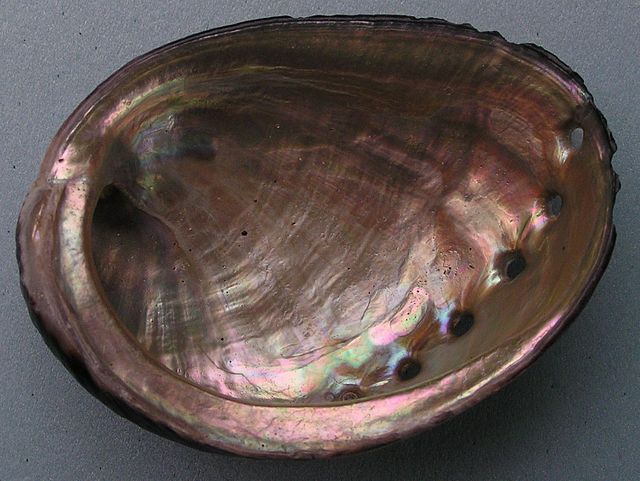Two developments have swayed the US mollusc sector in 2024, both to do with California. They include the long-term closure of the California red abalone season and the naming of black abalone shells as the state seashell.
Regarding red abalone, its fishing in the Golden State remains closed till April 1, 2026, leaving fishermen yearning for its comeback.
According to the National Geographic, the California Fish and Game Commission closed kelp-depleted abalone fisheries in 2017 due to the environmental toll. When the time came for the closure review in 2021, the commission extended the ban till spring 2026.
The decision goes back to 2005, when the commission instituted the Abalone Recovery and Management Plan, after hearing public views.
Before the 2021 decision to close harvesting, red abalone had contributed a part of the state’s $55 billion annual abalone turnover.
Time for Almost Extinct Black Abalone
Unlike the extant red abalone, the near-extinct black abalone is meanwhile faring better, after California officially recognized its seashell.
Governor Gavin Newsom earmarked the seashell as the official one for California in a late September 2024 legislation.
The shells have had a long American trade history, including serving as money in as far east as the Mississippi. Their appeal lies in the intricate glowing mother-of-pearl interiors and flashy black exterior.
At the same event, the Dungeness crab and banana slug emerged as the official state crustacean and slug, respectively.
While the event honored the above crustacean and invertebrate directly, it only paid homage to the mollusc through its shell. However, the black abalone (Haliotis cracherodii) has a striking appearance as its shell, so it makes no big difference.
Ball-shaped and spanning 8 inches long, the black abalone was before 1973 a big commercial success, bringing home 2 million pounds annually. Afterwards, the population declined from both over-exploitation and disease, which culminated in the indefinite closure of its fisheries in 1993.
Thus, by honoring black abalone seashells and closing red abalone fisheries, California has underlined the changing statuses of its rare seafood. To learn more about their place in American fisheries, skim the statistics below.
California Red Abalone and Black Abalone Statistics
Commercial production of black, pink, red, green and white abalone is a key part of the shellfish aquaculture of California. Changing weather, natural events like sea quakes and overfishing have however offset production gains since the mid-1980s. This is why the production of all five abalone types dropped to an average 1,000,000 pounds (450 tonnes) in the first decade of the 2000s. This was a far cry from the last peak years of the late 1970s and the early 1980s, whose harvests had averaged 1,240,590 pounds per year.
Where do black abalone live?
California is the native state of black abalone in the United States, especially its southern coast, off Channel Island. The rest of the population in the Americas hovers between the Bahia Tortugas and the Guadalupe island in Mexico.
How has the commercial production of red abalone fared historically in California?
Graphical data by the California Department of Fish and Wildlife shows that the peak production year for red abalone was in 1956. This was when the harvest closed on to 3,000,000 pounds (1,363 tonnes). By 1996, however, commercial production had hit rock bottom below 500,000 pounds (227 tonnes).
Which was the peak production year of black abalone?
According to the National Oceanic and Atmospheric Administration (NOAA), black abalone’s production last peaked in 1973 at around 2,000,000 pounds (909.1 tonnes). By the early 1990s, however, commercial production had reached almost nil levels at 2,032 pounds (1 tonne) in 1993.
